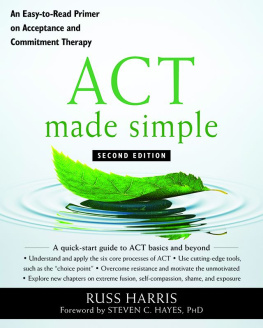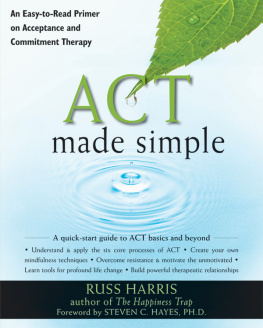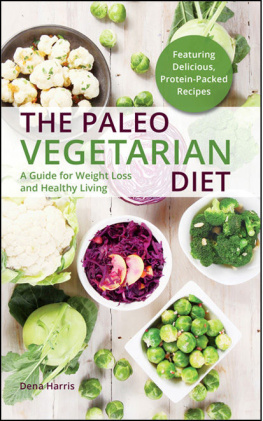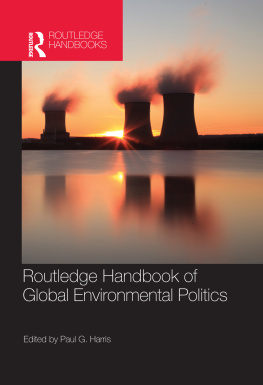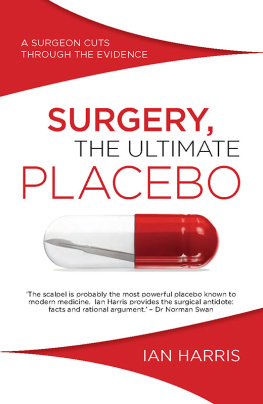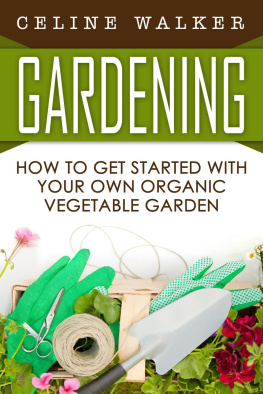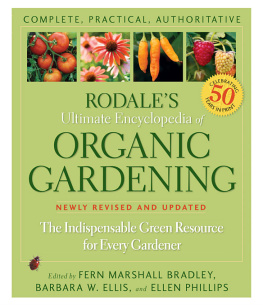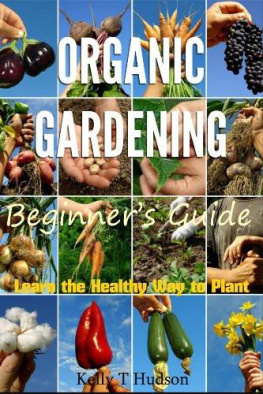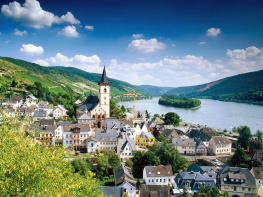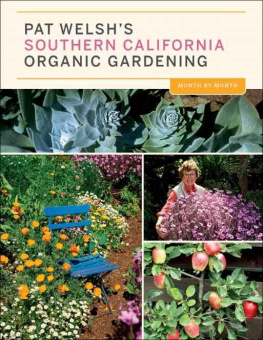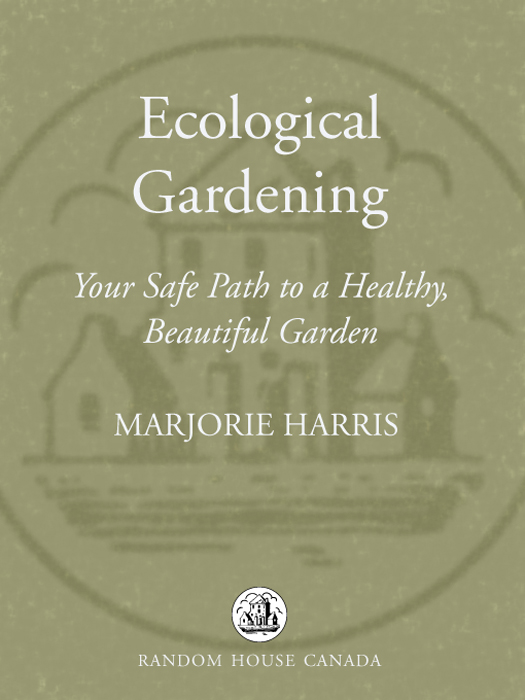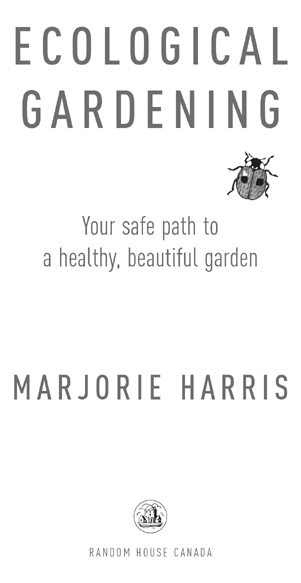Also by Marjorie Harris
How to Make a Garden
Botanica North America
The Canadian Gardener
Seasons of My Garden
Marjorie Harris Favorite Garden Tips
Pocket Gardening
In the Garden
Favorite Annuals
Favorite Flowering Shrubs
Favorite Perennials
Favorite Shade Plants
The Canadian Gardeners Year
The Canadian Gardener

For Auntie Marge
and all the other gardeners
who are serious about
our survival on this
beautiful planet

CONTENTS

1:
2:
3:
4:
5:
6:
7:
8:
9:
10:
11:
ACKNOWLEDGEMENTS

T hanks to Chris Harris who worked incredibly hard on the research for this edition; Dr. Laurence Packer of York University for close reading of the bug chapter; the wonderful writing of Bridget Stutchberry, Janet Benyus and Michael Pollan; Karen York, Sonia Day and Juliet Mannock who always make good suggestions on how to garden well. Id also like to thank the design and editorial teams at Random House CanadaKelly Hill, Erin Cooper, Amanda Lewis, Kylie Barker, Deirdre Molina, and especially Anne Collins for agreeing to bring my book back to life.
INTRODUCTION

T hings have changed drastically since I first set out to research the first edition of this book in the late 1980s. We certainly knew that something strange was going on with the planet, but it was a time of progress as long as it came in a package or a pill. In those days, being an organic gardener seemed like a throwback to an ancient time, being an environmentalist (think tree-hugger) conjured up all sorts of ridicule and the idea of an ecological garden led to much head-scratching.
When I was interviewed on the subject, the first question was always: What on earth is an ecological garden? Explaining that an ecological garden is chemical-free was easy. Explaining that in order to create an ecological garden, you have to place the garden into the context of the ecosystem you find yourself in, involved a fair amount of additional head-scratching.
At the time I wrote: We know that the earth is one vast living, breathing system where everything relates to everything else. It fits together in a most delicate and exquisite way. The ecological garden is a metaphor for planet Earthit is in itself an ecosystem that reflects this finely tuned, integrated whole. To be an ecological gardener means understanding both your place in this whole and how your garden functions within its own ecosystem; that is, the relationships between the soil, light, air, every insect and microbe and the plants you choose. It means being sensitive to the environment and less haphazard in your approach to the earth. The more exhausted the planet becomes, the more important it is to put back almost everything we take from it.
Its exciting to figure out the composition of soil, what plants need and how to put them together for a healthy, pest-resistant garden. On top of these benefits is the delight in watching how your own caretaking abilities expand. The slightest understanding of how all elements in nature mesh together adds to the pleasure of gardening.
In this book Ive gathered together the relevant information youll need to become an ecological gardener. Using the index, you can dip into sections as the need arises. Since I first wrote this book in 1990, some things have changed, but most of the basic information remains the same. As I said then, and I still firmly believe: We have a choice in the way we garden. We can continue to put a strain on the biosphere or we can try, in our own small ways, to return to a simpler form of gardeninga retrieving of wisdom. Many of the old ways are far more effective than any high-tech solutions. Whats happened in the last few years is that weve discovered how much more complicated nature is than we had formerly divined. We simply have no idea how these systems work, or why. What we do know is that they are interdependent and that if you kill something off, be it a plant or an insect, something else is going to be affected.
There are some tough facts we have to face that cant be solved through better gardening techniques. Climate change, with its attendant wild weather patterns, is becoming more and more evident. We now know for certain that burning fossil fuels increases atmospheric gases, which lead, in turn, to increased temperatures. An increase of 1C alters the architecture of some plants, which affects all other plants and animals dependent on them. The same rise in temperature is changing the structure of ice caps, leading to rising water levels. Its a domino effectone thing leads to another.
James Hansen, a climate scientist at Columbia University, warned us back in 1988 and again in 2008 that even the slightest warming in temperature can push us to dangerous tipping points. In his article, Global Warming Twenty Years Later, he wrote: Global warming initiated sea ice melt, exposing darker ocean that absorbs more sunlight, melting more ice. As a result, without any additional greenhouse gases, the Arctic will soon be ice-free in the summer. West Antarctic and Greenland ice sheets are vulnerable to even small additional warming. These two-mile-thick behemoths respond slowly at first, but if disintegration gets well underway, it will become unstoppable.
He talks about animals and plants becoming stressed by climate change; how polar and alpine species will be pushed off the planet; and the potential of ecosystem collapse. This has happened before, as Hansen points out, and recovery took hundreds of thousands of years. Climate change has accelerated in the past two decades. Desertification continues to expand in the southern U.S., Australia, southern Africa and the Mediterranean. Forest fires are becoming more intense. And the drying up of lakes will increase if carbon dioxide emissions are not halted.
We cant just buckle under all this depressing information and give up. What we have to remember as we try to make a difference in our own backyards is that its not the planet we are saving. The planet will carry on inexorably without our species and probably turn back into Eden. Its usour generation, our children and our grandchildrenwho are at risk. What we have to save is our relationship to our only home. And we can start with the garden. The earth was a garden when we first began evolving, and we have a responsibility to return it to that state.
When I wrote the first edition of Ecological Gardening, I was nervous about climate change, but I thought sanity would prevail. That was then . Now, even though politicians mouth the platitudes, they just dont get it. Our governments, big oil companies, coal lobbies, etc., would like to carry on as though nothing is wrong. We cant be fools and let them prevail.


